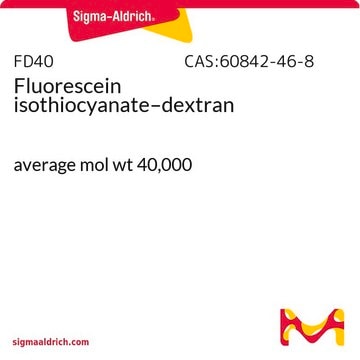G6600
Glycine methyl ester hydrochloride
99%, for peptide synthesis
Synonym(s):
Glycine methyl ester·HCl, Methyl glycinate hydrochloride
About This Item
Recommended Products
product name
Glycine methyl ester hydrochloride, 99%
Assay
99%
form
powder, crystals or chunks
reaction suitability
reaction type: solution phase peptide synthesis
color
white
mp
175 °C (dec.) (lit.)
application(s)
peptide synthesis
SMILES string
Cl.COC(=O)CN
InChI
1S/C3H7NO2.ClH/c1-6-3(5)2-4;/h2,4H2,1H3;1H
InChI key
COQRGFWWJBEXRC-UHFFFAOYSA-N
Looking for similar products? Visit Product Comparison Guide
Related Categories
General description
Application
Storage Class Code
11 - Combustible Solids
WGK
WGK 3
Flash Point(F)
Not applicable
Flash Point(C)
Not applicable
Personal Protective Equipment
Certificates of Analysis (COA)
Search for Certificates of Analysis (COA) by entering the products Lot/Batch Number. Lot and Batch Numbers can be found on a product’s label following the words ‘Lot’ or ‘Batch’.
Already Own This Product?
Find documentation for the products that you have recently purchased in the Document Library.
Customers Also Viewed
Our team of scientists has experience in all areas of research including Life Science, Material Science, Chemical Synthesis, Chromatography, Analytical and many others.
Contact Technical Service









